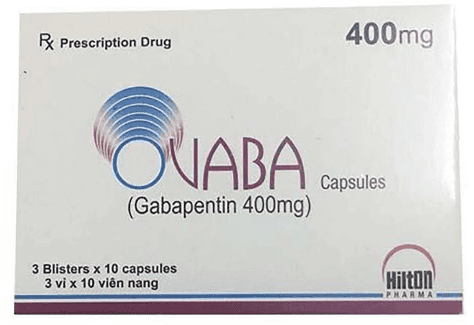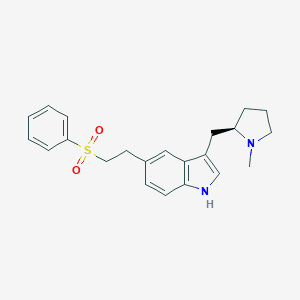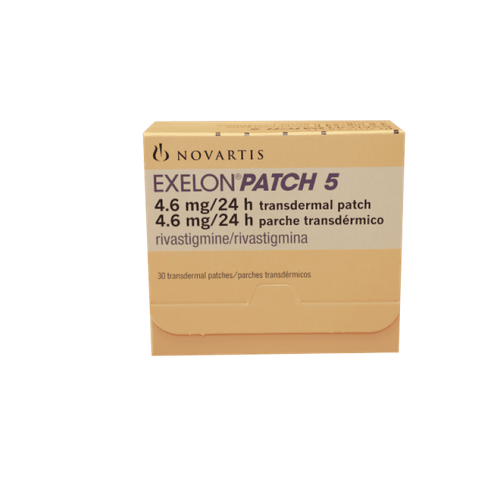This is an automatically translated article.
Dopamine greatly affects human physical and mental activities. Lack of dopamine can cause a number of typical diseases such as Parkinson's disease, obesity, depression. Meanwhile, excess dopamine also affects many, one of which is schizophrenia.1. What is Dopamine? Dopamine is a type of neurotransmitter made by the body for the purpose of transmitting information between nerve cells. The hormone Dopamine is created in the brain through a two-step process. It first changes the amino acid tyrosine into a substance called dopa, then converts that to dopamine.
Trắc nghiệm: Tìm hiểu về “bí mật” của các Hormone
Hormone hầu như quyết định tới toàn bộ các chức năng quan trọng của cơ thể. Nó “làm việc” miệt mài để phát tín hiệu và điều hòa sự hoạt động của các cơ quan trong cơ thể, mô cũng như tế bào nhất định. Để hiểu hơn về vai trò cũng như cách thức các hormone tác động lên cơ thể, bạn có thể làm bài trắc nghiệm sau đây.
Nguồn tham khảo: webmd.com
Dopamine has the effect of creating a feeling of joy, improving mood, concentration and creativity of people. The hormone Dopamine is often overproduced when the body wants a reward. It stimulates the brain to associate desires with hobbies that make you feel good, like eating, shopping, or having sex.
Dopamine does not work alone, but together with other types of neurotransmitters and hormones such as serotonin and adrenaline, creates impacts on human psychological and physical health such as:
Function of the heart, kidneys, blood vessels, digestion, pancreas and insulin regulation Motor control and mood Motivation, concentration in school and work Impact on sleep How to respond to stress Breastfeeding time Controlling control nausea, vomiting, pain Pleasure and self-appreciation behavior
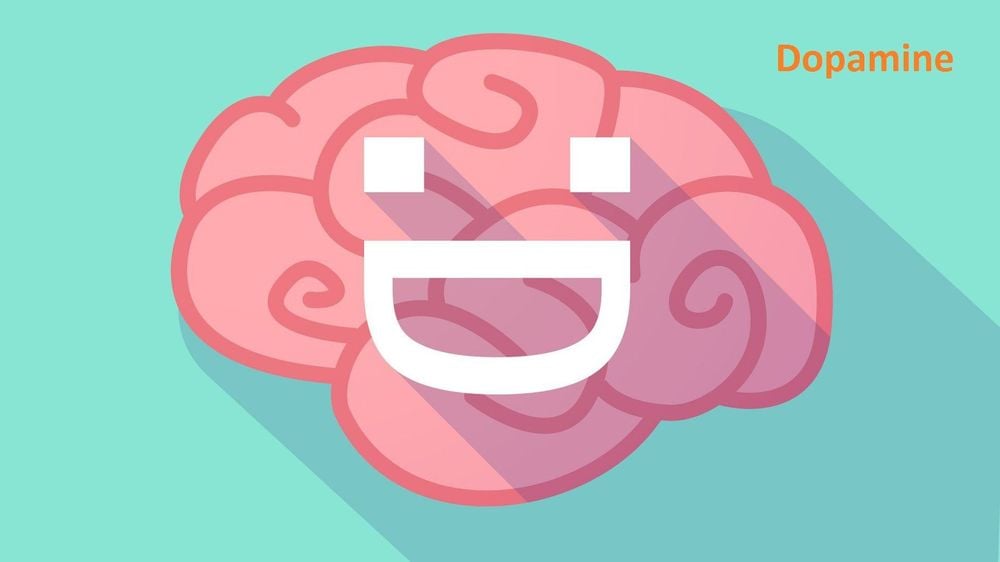
3.1. Effects of dopamine on mental health Too much or too little dopamine is one of the causes of mental disorders. For example:
Schizophrenia: Decades ago, scientists found a link between "super-dopamine" levels in certain brain centers and the ability to stimulate hallucinations and delusions. ADHD: Some studies suggest that dopamine deficiency is the cause of attention deficit hyperactivity disorder (ADHD). Dopamine deficiency is due to genetic makeup in the body. The drug methylphenidate (Ritalin) has been shown to increase dopamine in people with ADHD. Drug and substance abuse: Narcotics increase dopamine levels causing feelings of high euphoria. This pleasant feeling makes people want to try again and again. Over time, the stronger the response to the feeling, the more addictive substances must be used. This causes the brain to signal "natural decrease in dopamine production", which reduces the emotions in addicts when in a awake state. Depression: Depression is thought to be related to low dopamine levels. It is what causes symptoms of sadness, trouble sleeping, and cognitive changes over time. 3.2. Effects of dopamine on other diseases In addition to being related to mental diseases, dopamine also affects a number of other diseases such as:
Parkinson's disease: One of the effects of dopamine is to connect nerve cells to control body movements. In Parkinson's disease, there is a type of nerve cell that gradually degenerates. These cells lose the ability to send signals that cause the body to make less dopamine. This results in physical symptoms such as tremors, muscle stiffness, spontaneous slow movements, and poor balance. Doctors treat these symptoms using drugs that increase dopamine levels. Dopamine Transport Deficiency Syndrome: Also known as dystonia with infantile parkinsonism (dystonia-parkinsonism). This condition causes movement abnormalities similar to Parkinson's disease. Obesity: Dopamine has the potential to affect appetite levels in obese individuals. Brain imaging studies (CT, MRI) show that people with obesity don't release enough dopamine and serotonin during eating. This causes them to eat large amounts of food without feeling satisfied.
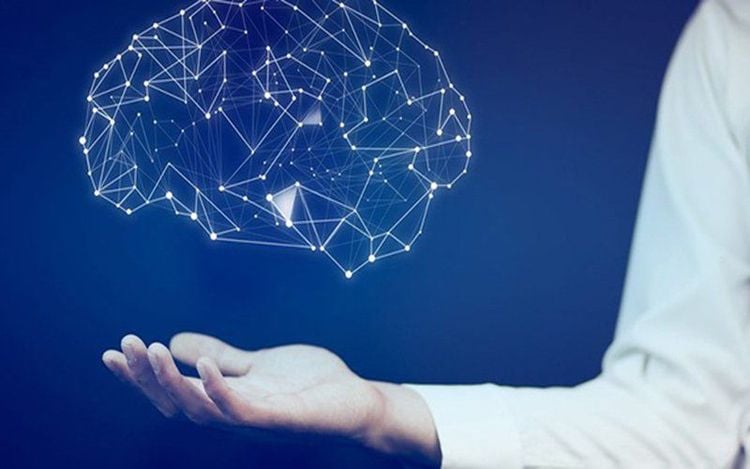
3.3. Dopamine and its relationship to human life In some emergencies, doctors may use dopamine (inotropin) to treat:
Low blood pressure Low cardiac output (when the heart does not pump enough blood) Correction blood flow to vital organs Some cases of septic shock Like other drugs, dopamine when used also carries a risk of complications, namely:
Irregular heartbeat Increased heart rate Shortness of breath Chest pain Nausea and vomiting Headache Because dopamine can interact with many other medications, you should tell your doctor about any medications you are taking. This can help your doctor consider the right medication and dose.
3.4. Effects of dopamine on sleep A lack of dopamine increases feelings of sleepiness. Conversely, not being able to sleep also reduces dopamine. A 2012 study found that sleep deprivation significantly reduces dopamine receptors available in the morning.
3.5. Effects of dopamine on other hormones Dopamine also interacts with other neurotransmitters and hormones. For example, the neurotransmitter glutamate is involved in the arousal and self-reward cycles in the brain.
A 2014 study looked at the link between stress and sex hormones and dopamine neurotransmission during adolescence. The results showed that testosterone, estrogen and glucocorticoids interact with each other and impact dopamine levels, affecting brain development and cognitive function from adolescence to adulthood.
A 2015 study indicates that sex hormones have a close relationship with other hormones including dopamine, serotonin, GABA and glutamate.

These interactions are quite complex and difficult to understand completely. For now, scientists still need to do more research to fully understand how dopamine interacts with other neurotransmitters and hormones.
Please dial HOTLINE for more information or register for an appointment HERE. Download MyVinmec app to make appointments faster and to manage your bookings easily.
Reference sources: healthline.com, webmd.com





